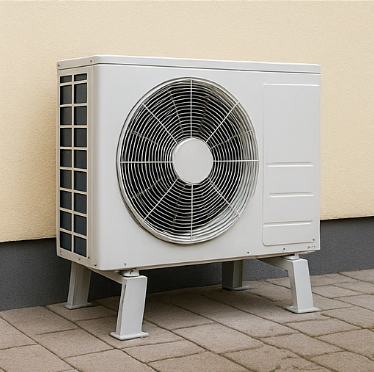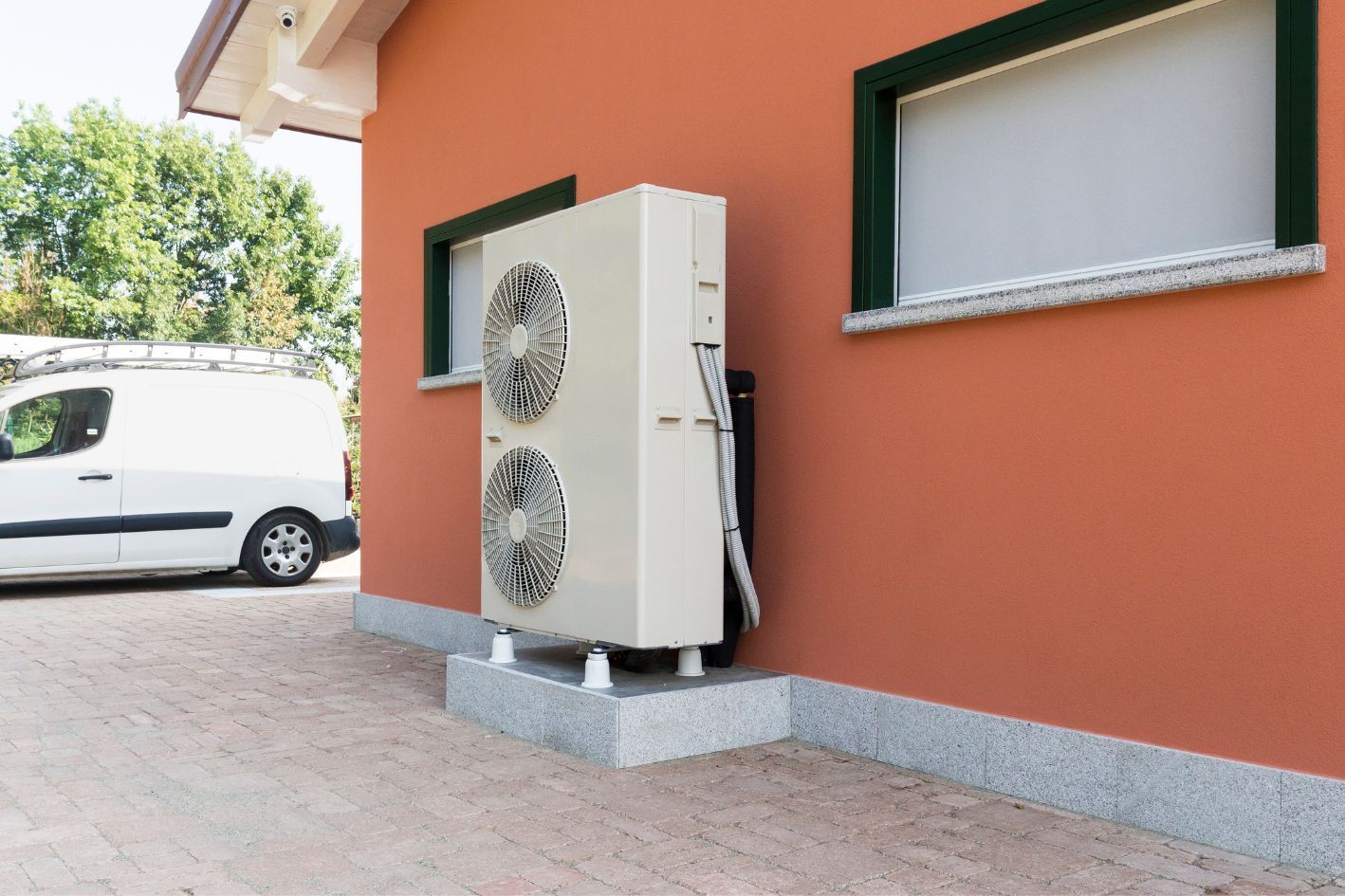Keeping the Warmth: A Guide to Air Source Heat Pump Care in Cold Months
As temperatures drop, your air source heat pump works harder to keep your home warm and comfortable. Proper maintenance during these colder months ensures optimal performance, energy efficiency, and system longevity. This guide will walk you through key steps to maintain your air source heat pump when needed.
Clear the Surroundings
One of the most important tasks is keeping the area around your outdoor unit clear. Remove leaves, snow, and ice that may accumulate on or around the unit. Ensure at least a 2-foot clearance on all sides to allow proper airflow. This simple step can significantly improve your heat pump's efficiency and prevent strain on the system.
Monitor and Clean Filters
Check and clean your heat pump's air filters regularly. In winter, filters can clog more quickly with dust and debris when the system is in constant use. Clean or replace filters monthly to maintain good air quality and prevent your system from overworking. This not only improves efficiency but also helps maintain healthy indoor air quality.
Inspect for Ice Buildup
During freezing spells, ice may form on your outdoor unit. While heat pumps have a defrost cycle, excessive ice can indicate a problem. If you notice unusual ice buildup, gently remove it using warm water. Never use sharp objects, as they can damage the unit. If ice continues to be a persistent issue, it's time to call a professional.
Schedule Professional Maintenance
Before the coldest weather hits, arrange for a professional inspection. A qualified technician can check refrigerant levels, clean coils, and ensure all components function correctly. They can also identify and address potential issues before they become major problems, saving you from costly repairs and ensuring your heat pump is ready for the winter challenge.
Optimise Thermostat Settings
Use your programmable thermostat wisely. Set it to a consistent, comfortable temperature rather than frequently adjusting it. This helps your heat pump operate more efficiently. Consider lowering the temperature slightly when asleep or away to save energy without compromising comfort.
Monitor Performance
Pay attention to your heat pump's performance. If you notice unusual noises, decreased heating capacity, or a spike in energy bills, these could be signs that your system needs attention. Prompt action can prevent minor issues from escalating into major problems.
By following these maintenance tips, you can ensure your air source heat pump continues to provide efficient, reliable heating throughout the winter months, keeping your home cosy and your energy bills in check.












